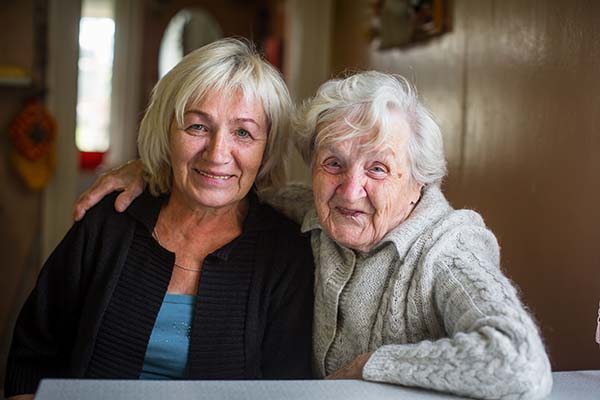Growing older can present its challenges and may not be as pleasant as once thought.…

Growing Popularity of Solo Living, Housemates, and Independent Living
Solo aging is becoming more prevalent especially in the baby boomer population. However, many Americans are running out of family caregivers to assist them in their quest for elderly living independence. The ratio of caregivers to care recipients has fallen and is projected to continue to do so for the next forty years. According to the Pew Research Center, the rate of childlessness among baby boomers is about 20 percent. That number is double the previous generation. Additionally, these boomers who are aging solo, without a spouse or partner and have children living more than 500 miles away, bring the total of solo agers in America to nearly 40 percent of adults over the age of 65.
Because solo agers who own their own home prefer to reside there, many of them are finding creative ways to share costs as well as reduce the workload, stress, and isolation of living alone. Welcome to your new housemate, but don’t call them that and don’t call them roommate either. The boomer generation is adopting the term “POSSSLQ,” (pronounced “possle-cue”) short for People of Similar Sensibilities Sharing Living Quarters. This moniker is a wink at the former US Census Bureau designation for unmarried couples; “Persons of the Opposite Sex Sharing Living Quarters.” Whatever the preferred terminology, this new housemate trend is a demographic and economic shift which is redefining the “golden years” of retirement.
It is no surprise that at a historic shortage of homes pushing up housing costs coupled with the fact that many boomers realize they have not saved nearly enough for retirement has fueled this housemate solution. Some of the best ground rules to follow are to find someone you may already know, perhaps of similar background. Also, keep your “POSSSLQ” in a narrow age range to your own. Seniors who are looking to be housemates and are of a certain age can find each other on websites, some of which are Roommates4Boomers and Let’s Share Housing. It is a great way to stretch retirement dollars and still have independence in a shared living experience without loneliness or feeling like a burden to family.
Women account for most of these new housemate living arrangements. Women tend to live longer and have less in retirement savings as compared to their male counterparts. Women also tend to be more adept at making a home and creating companionable spaces in which to cohabitate.
The rules of roommates are usually broad and general. Some specific ground rules may be non-negotiable such as pets, loud music, or romantic sleepovers; however many women have a more flexible approach and often work out smaller details in day to day conversation. Often the secret to housemate living is to embrace its unexpected nature so long as an established basic framework remains intact. These boomer housemates are expressing creativity in problem-solving issues related to their golden years and want their focus to be on living life rather than the end of life planning.
The cautionary tale of baby boomer housemate living is to be confident you enter into the relationship with a legal document that outlines home ownership, household expenses, chore responsibilities, house rules, as well as identification of objects you already own in your home (if the owner) or what you may bring into the house (as the new housemate). Remember that you spend the first half of your life trying to get something and the second half of your life trying to keep it. Another issue to discuss and lay legal ground rules for is what happens in the case a housemate gets a diagnosis of dementia? A housemate living situation should not evolve into a caretaker situation.
Whether you are the homeowner or the housemate, it is imperative to have a legal document signed and notarized defining the living arrangement. Contact our office today and schedule an appointment to discuss how we can help with the planning and execution of a housemate agreement.
If you have any questions, Please Contact our Guntersville office at 256-486-3407 to discuss your particular situation.



